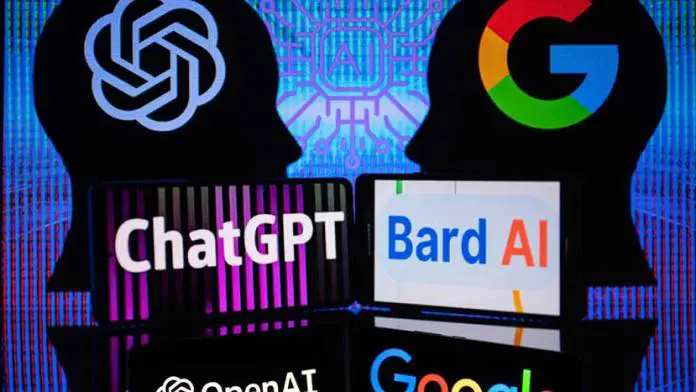
Google CEO Sundar Pichai has announced that AI will be integrated into the Google search engine very soon. He said the initiative will make the Google search engine more responsive to users’ requests. He said the development will make Google chat features communicate with users like a conversational machine with human intelligence.
If Google goes ahead to implement AI in its search engine, it will position it to compete against rivals like Microsoft which just integrated OpenAI’s ChatGPT chatbot into Bing’s search engine. Given that Google dominates 90% of search queries globally, Microsoft’s Bing rose up the ladder a bit when it exceeded more than 100 million active users per day in March after implementing ChatGPT.
Pichai said he welcomes the competition with Microsoft and other search engine rivals, saying “the opportunity space, if anything, is bigger than before.” The CEO calmed fears that AI will throttle its business and impact its revenue; he claimed it will rather galvanize its business model by making it more updated.
Google launched its own AI chatbot, called Bard, in January with a select few trusted testers. The idea is that Bard will be launched by March and it will become accessible to everyone worldwide for creating intelligent content and answering users’ questions with spectacular accuracy. In perspective, ChatGPT has proven to be able to write emails, essays, reports, computer code, creative writing, and web articles with proven precision.
In reference to Bard, Pichai said the AI indexes the web to provide “high-quality responses” that align with the “power, intelligence, and creativity of our large language models” for everyday use. As if in anticipation of launching Bard, Google retrenched 12,000 employees or 6% of its workforce in January; it also plans to further cut down on perks such as fitness classes and equipment spending among others.
“We are definitely being focused on creating durable savings,” Pichai explained. “We are pleased with the progress, but there is more work left to do.”










